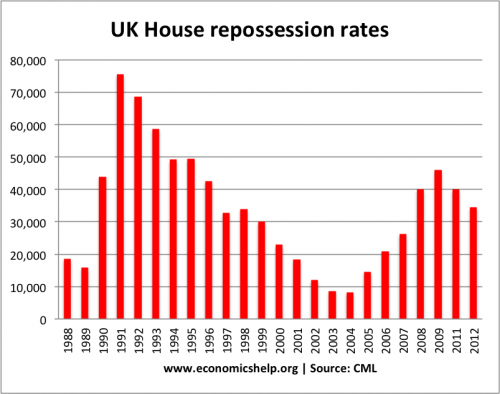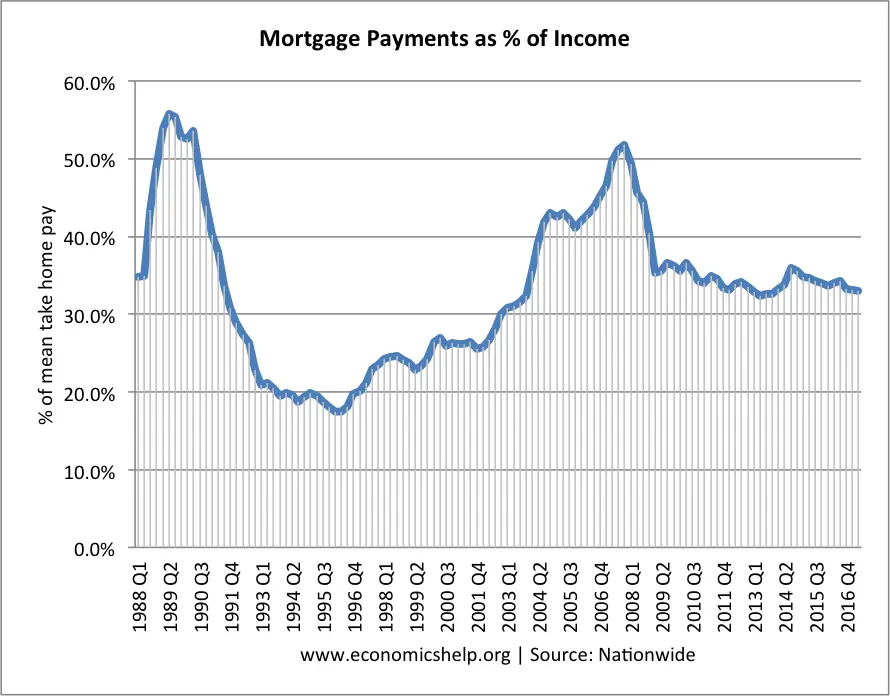Originally posted by Whorty
View Post




 and hope prices fall enough to make it overall cheaper than currently, as rates will inevitably rise if there's such a shock to the economy (or those mishandling it) to force prices significantly lower.
and hope prices fall enough to make it overall cheaper than currently, as rates will inevitably rise if there's such a shock to the economy (or those mishandling it) to force prices significantly lower.
 ) is almost as much as the total mortgage for a buyer in the North of England (£112,000).
) is almost as much as the total mortgage for a buyer in the North of England (£112,000).

Comment